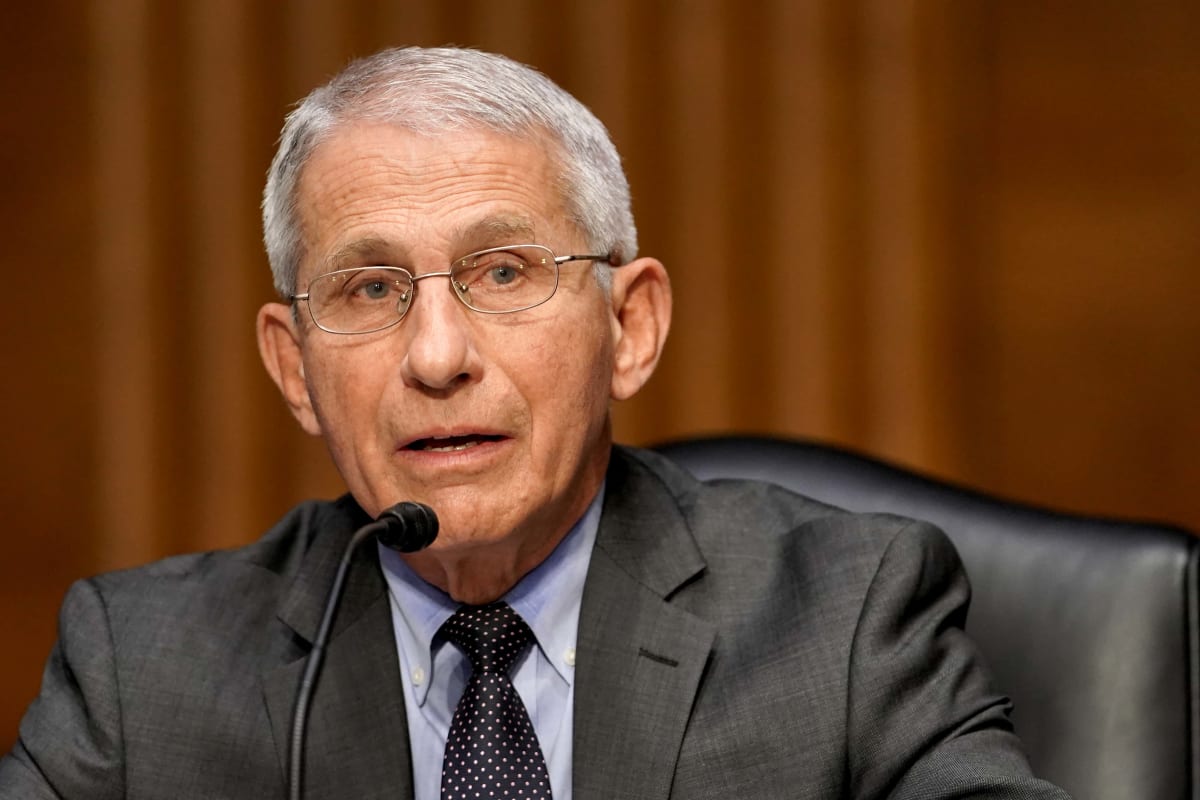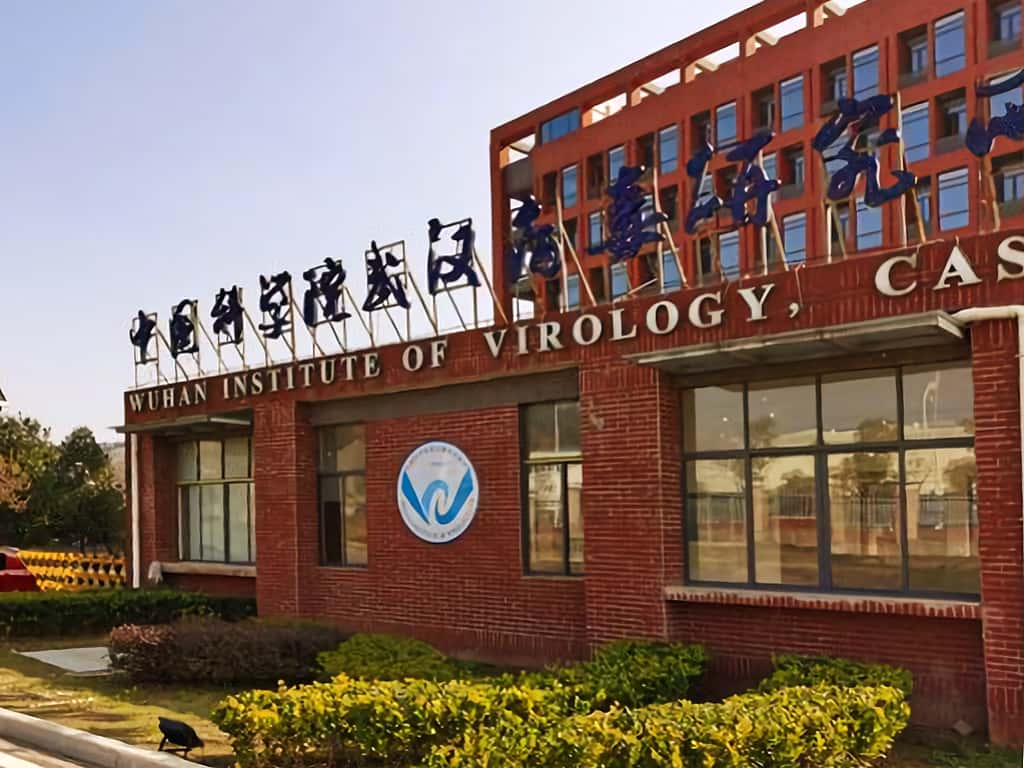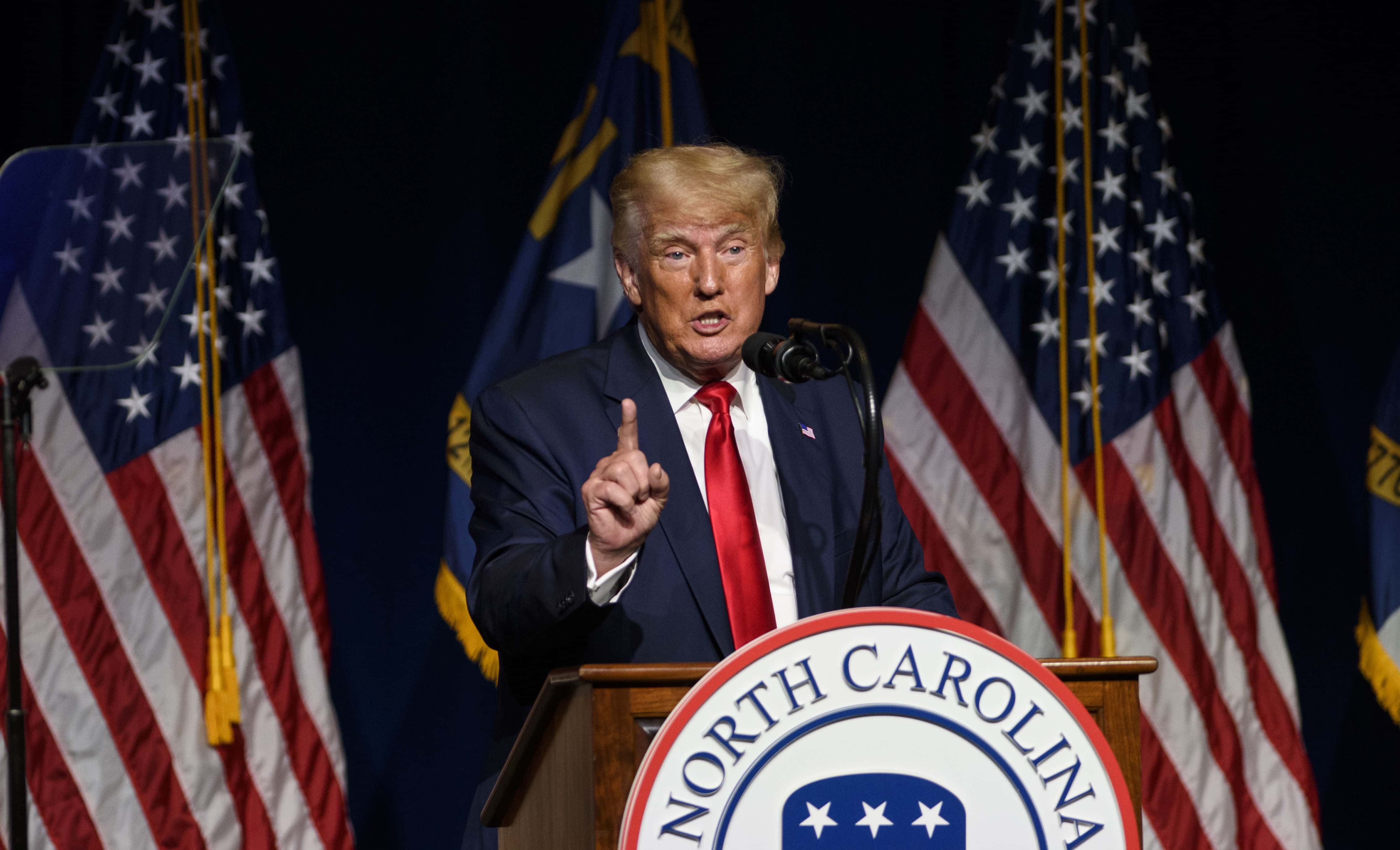Who is Alina Chan? Lab leak theory denied to avoid being Trump ‘tool’: Scientist

On June 15, several Republican lawmakers introduced a bill to fire Dr Anthony Fauci, claiming among other things that he had misled Americans and initially dismissed the idea that Covid-19 may have originated in a Chinese laboratory. Fauci’s emails, accessed through the Freedom of Information Act, included a short note from Kristian Andersen, a virologist at the Scripps Research Institute in La Jolla, California.
He told Fauci that some features of the virus made him wonder whether it had been engineered, and noted that he and his colleagues were planning to investigate further by analyzing the virus’s genome. He has since updated his views on this topic. He told the New York Times recently: “As we stated in our article last March, it is currently impossible to prove or disprove specific hypotheses of SARS-CoV-2 origin. However, while both lab and natural scenarios are possible, they are not equally likely -- precedence, data and other evidence strongly favor natural emergence as a highly likely scientific theory for the emergence of SARS-CoV-2, while the lab leak remains a speculative hypothesis based on conjecture.”
RELATED ARTICLES

Yet, the conversation around the virus’ origins remains contentious at best -- with not just laypersons weighing in, citing right-wing conspiracy theory websites, but even people from the scientific community saying that there is no clear evidence either way. And Alina Chan is one of them.
Who is Alina Chan?
A postdoctoral associate at the Broad Institute of MIT and Harvard University who specializes in genetic engineering, Chan is one of 18 scientists who published a letter in the journal 'Science' in May calling for a more in-depth investigation into the virus's origin. “Theories of accidental release from a lab and zoonotic spillover both remain viable. Knowing how COVID-19 emerged is critical for informing global strategies to mitigate the risk of future outbreaks,” the letter said.
"I know a lot of people want to have a smoking gun," said Chan, in an interview with NBC News. "It's more like breadcrumbs everywhere, and they're not always leading in one direction. It's like the whole floor is covered in breadcrumbs."

But Chan, despite calling for an investigation, understands why there has been some hesitation in publicly speaking about the possibility of the novel coronavirus being synthesized in a laboratory -- it can become a tool for racist propaganda. The letter she signed alludes to that as well.
The letter noted that “in this time of unfortunate anti-Asian sentiment in some countries, we note that at the beginning of the pandemic, it was Chinese doctors, scientists, journalists, and citizens who shared with the world crucial information about the spread of the virus -- often at great personal cost.”
Former President Donald Trump fueled accusations that the Wuhan Institute of Virology, a research lab in the city where the first Covid-19 cases were reported, was connected to the outbreak. He also openly used racial wordings while talking about the pandemic -- on numerous occasions, he called the pathogen the "Wuhan virus" or "kung flu." Chan told NBC News, "At the time, it was scarier to be associated with Trump and to become a tool for racists, so people didn't want to publicly call for an investigation into lab origins.”

Yet, that should be no reason to not approach the topic, believes Chan. Speaking with NPR, she said of her push to investigate: "I think it opens the door for other scientists to weigh in without being called conspiracy theorists."
Talking about the letter she signed, Chan said that it opened up the conversation to a greater degree in a positive way. "I think it had a big effect," Chan said. "I think It literally helped all the people who wanted to investigate this by saying: This is not bogus. Top scientists think this is plausible."
Chan, in the interview, also acknowledged that it's "definitely possible" that the virus evolved in nature but added that all options should be kept on the table because neither the natural origins theory nor the lab leak hypothesis can be ruled out. "All the evidence right now is circumstantial, and it's consistent with both lab and natural origins," she said. "There's precedents for lab leaks, the genetic data could swing either way, and the epidemiological data, which is how it unfolded in Wuhan, can also swing either way. None of this is pointing in any one direction."










